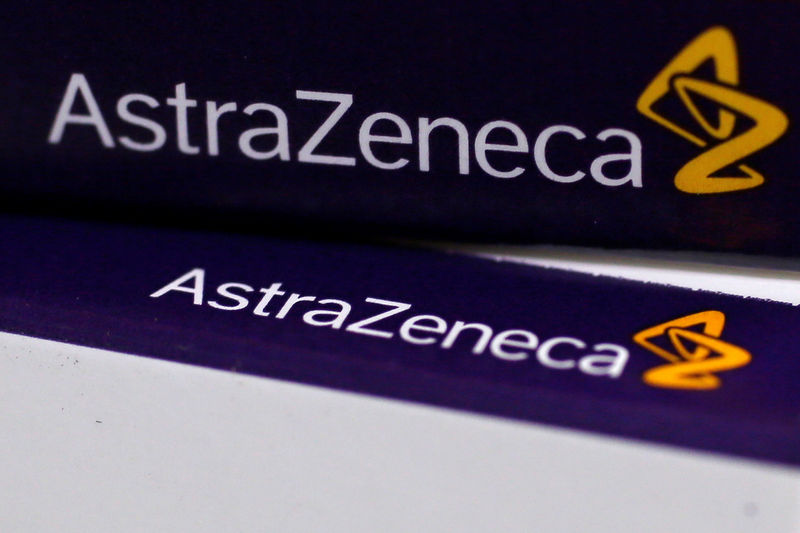(Reuters) - The U.S. Food and Drug Administration on Thursday expanded the use of Lynparza, sold by AstraZeneca Plc (L:AZN) and Merck & Co Inc (N:MRK), to include ongoing treatment of patients with recurrent ovarian cancer who have responded to platinum-based chemotherapy.
The agency also approved a new two-tablet regimen for the drug, regardless of whether patients test positive for BRCA genetic mutations associated with high risk for the cancer.
The drug was previously approved for treating advanced ovarian cancer in women who had stopped responding to at least three earlier rounds of chemotherapy.
Lynparza, known chemically as olaparib, belongs to a class of drugs called PARP inhibitors.
The broader U.S. approval makes Lynparza more competitive with rival PARP inhibitor Zejula, sold by Tesaro Inc (O:TSRO), according to Baird Equity analyst Michael Ulz.
AstraZeneca announced last month a deal with Merck to develop and commercialise Lynparza, including in combination with other cancer drugs such as Merck's Keytruda immunotherapy.

In an emailed statement, AstraZeneca said the companies plan to file sometime in the second half of this year for approval of Lynparza as a treatment for breast cancer. The drug is also being investigated in prostate and pancreatic cancer.